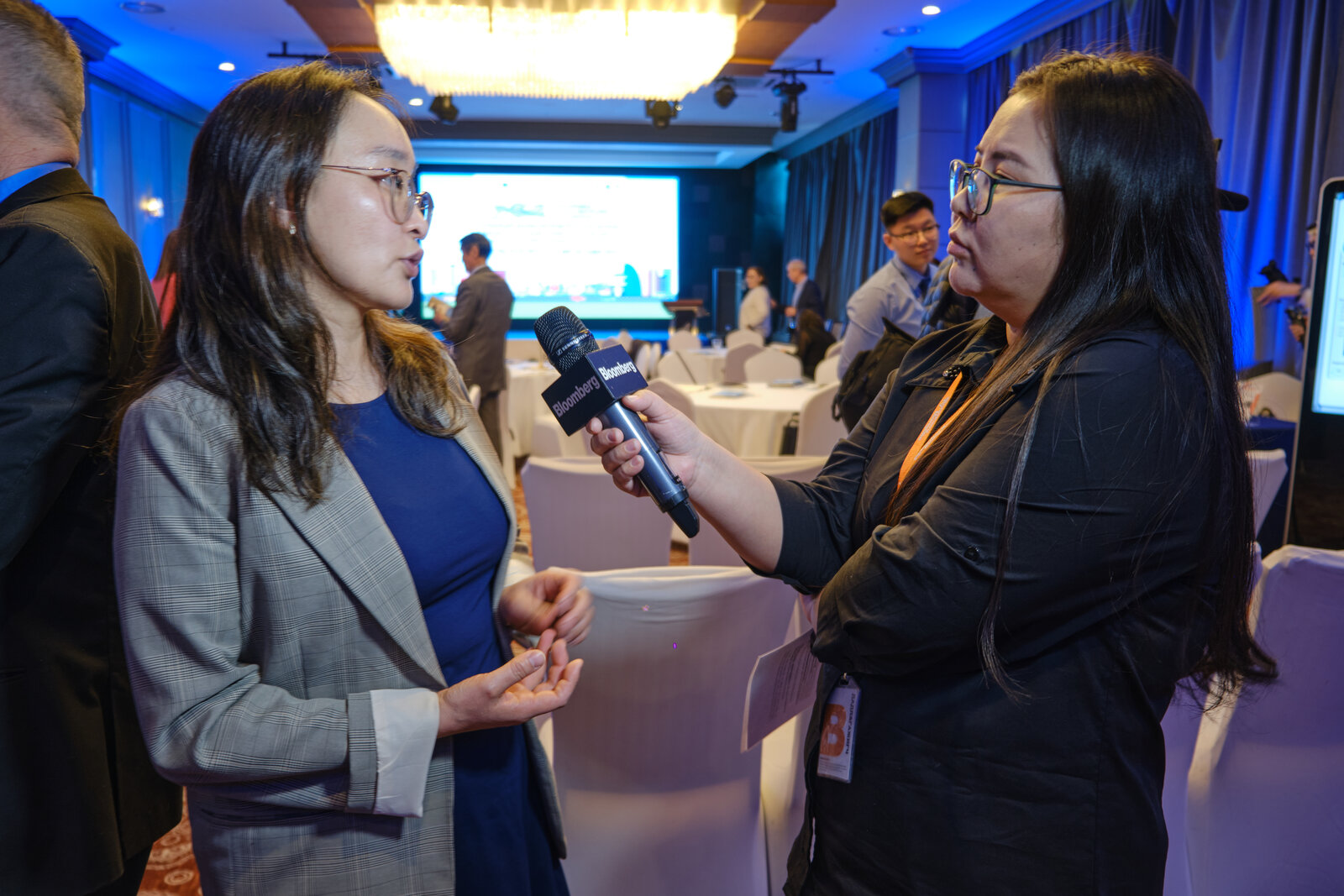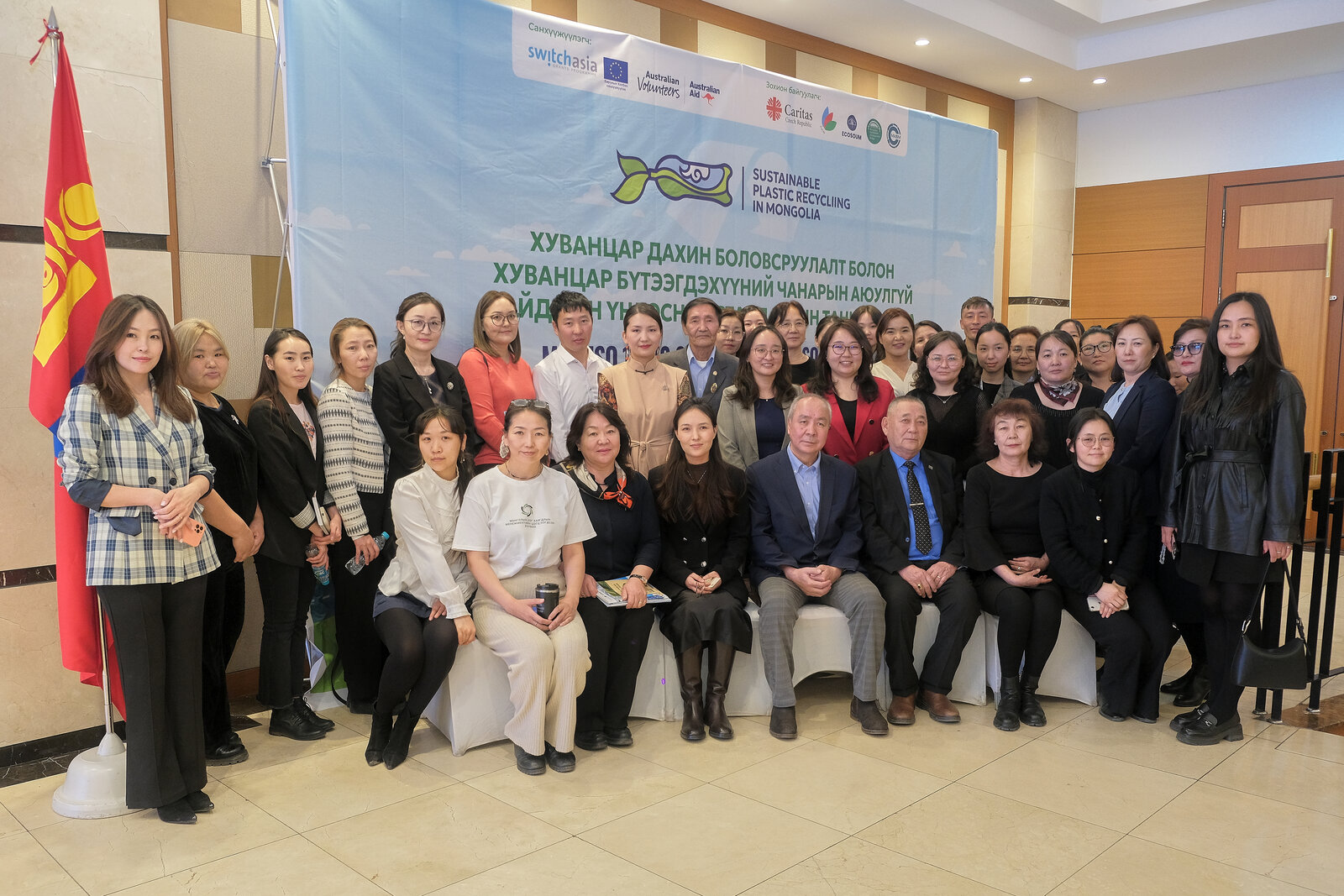By adhering to these standards, plastic manufacturers will operate according to the highest guidelines, ensuring that their products meet sanitary quality requirements for both domestic and international markets. This will allow manufacturers to access sustainable financing and deliver high-quality products to their customers.
National Adoption of New Standards: MNS ISO 15270:2024 and MNS ISO 16869:202A4 for Plastic Recycling and Plastic Factory Operations in Mongolia
According to the 2019 plastics import data, Mongolia is one of the 10 top countries that produces the most plastic waste per capita, with less than 10 % recycling rate of the total waste. However, there is some good news amidst the country's challenges in plastic recycling. The Sustainable Plastic Recycling in Mongolia Project (SPRIM), co-funded by the EU SWITCH-Asia Programme and the Australian Volunteers Program, has successfully adopted national standards in the plastics industry.
New standards are a significant achievement toward increasing the plastic recycling rate and assuring plastic products' health, safety, and quality. The SPRIM project, which started in 2020, is co-implemented by Caritas Czech Republic, the Environment and Security Center of Mongolia, Ecosoum, and the Mongolian Sustainable Development Bridge. In 2022, the project formed a working group consisting of local experts and stakeholders and developed two draft standards on plastic recycling and the quality of plastic products based on international standards.
These draft standards were proposed to the Mongolian Agency for Standardization and Metrology (MASM) in 2023. They were endorsed and approved in March 2024 after several consultations by the Technical Committee of Environmental Standardization at MASM.
MNS ISO 15270:2024 provides guidelines for recycling and recovery of plastic waste, while MNS ISO 16869:2024 establishes standards for evaluating the effectiveness of compounds inhibiting the growth of fungi in plastics.
Adhering to MNS ISO 15270:2024 guidelines for plastic waste recycling ensures a systematic approach, enhancing operational efficiency, improving recycled plastics' quality, and facilitating market access by demonstrating compliance with recognized norms. Standardizing recycling processes minimizes waste, optimizes resource utilization, and reduces operational costs over time.
Implementing MNS ISO 16869:2024 will ensure the quality and longevity of plastic products. It will also address health and safety concerns related to the use of plastics, ensuring consumer reliability.
In general, adopting standards like MNS ISO 15270:2024 and MNS ISO 16869:2024 brings about various advantages for recycling companies and consumers, including improved operational efficiency, enhanced product quality and safety, environmental benefits, and expanded market opportunities. These standards play a significant role in promoting sustainable practices and advancing the circular economy in Mongolia.’








